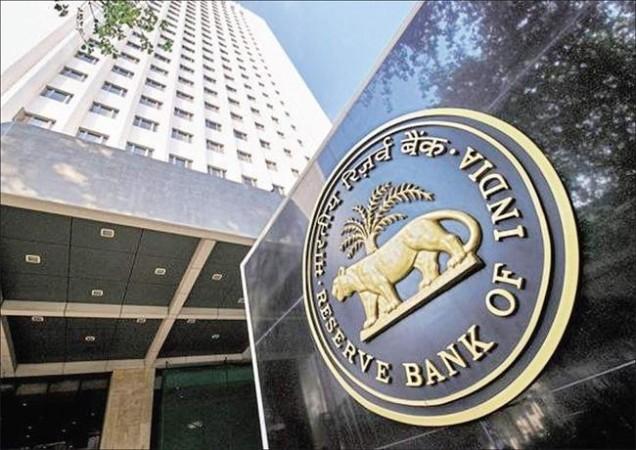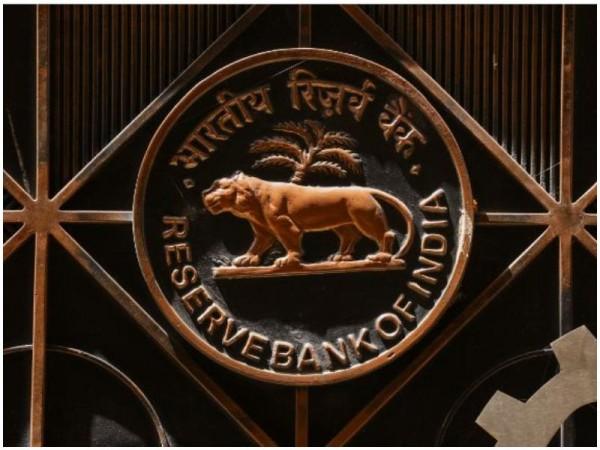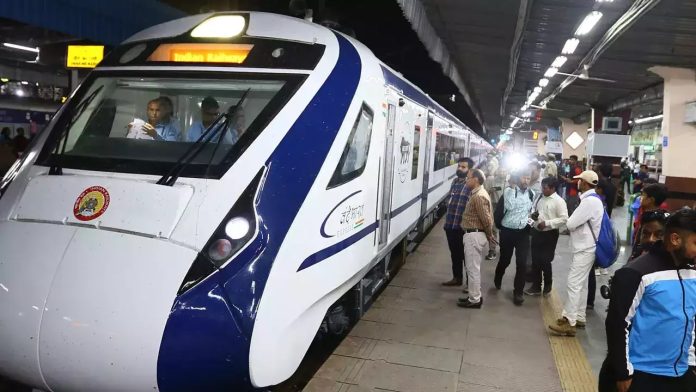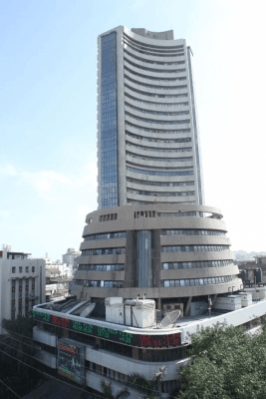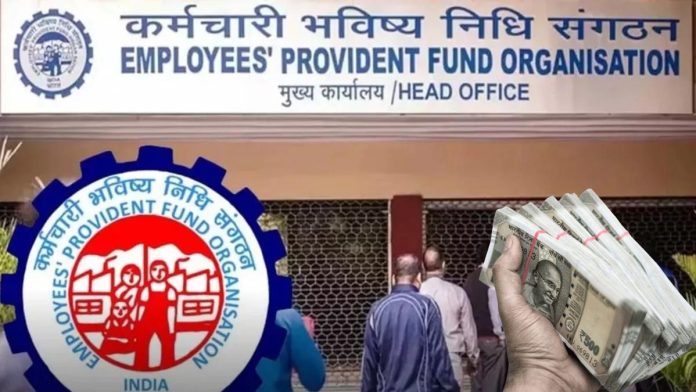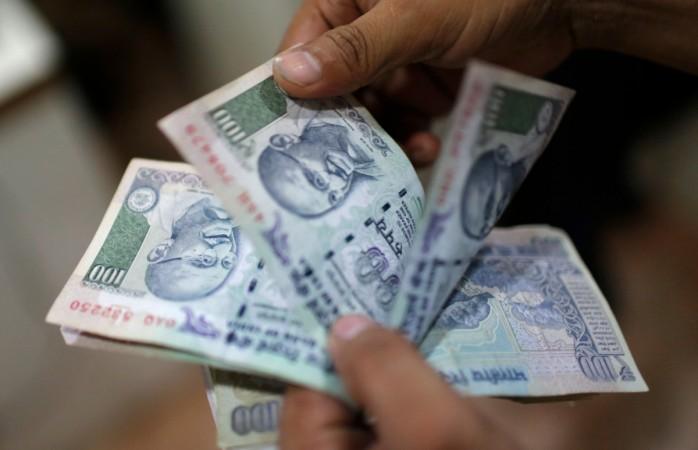
The Union Cabinet has given the green light for the implementation of the 8th Pay Commission, a move that will significantly impact millions of Central government employees and retirees. The announcement was made by Union Minister Ashwini Vaishnaw on January 16, 2025. This decision is expected to lead to a substantial increase in salaries, along with an adjustment in the Dearness Allowance (DA).
The 8th Pay Commission, once established, will revise the pensions and allowances of Central government retirees. This move has been long anticipated by government employees and retirees who have been expecting a revision of their pay scales. The announcement comes just days ahead of the Budget 2025 announcements, adding to the significance of the decision.
While the approval of the 8th Pay Commission has been confirmed, the exact date for its setup has not been announced yet. However, the Union Minister has indicated that the commission will likely be formed by 2026 and will come into force on January 1, 2026.
Impact of the 8th Pay Commission
To oversee the rollout of the 8th Pay Commission, a chairman and two members will be appointed soon. The decision to set up the 8th Pay Commission was taken at a meeting of the Cabinet chaired by Prime Minister Narendra Modi. The Minister stated, “For your awareness, our Prime Minister has approved the establishment of the 8th Central Pay Commission for all Central government employees.”

The 8th Pay Commission is expected to ensure that its recommendations are received well before the completion of the term of the seventh pay panel. Consultations will be held with central and state governments and other stakeholders to ensure a smooth transition.
The 7th Pay Commission, set up in 2016, brought significant changes to the salary structure of government employees. Employee unions demanded a 3.68 fitment factor for salary revision, but the government decided on a fitment factor of 2.57.
Anticipated Changes and Benefits
This led to the minimum basic pay for government employees being raised to ₹18,000 per month, compared to the ₹7,000 in the 6th Pay Commission. The minimum pension also rose from ₹3,500 to ₹9,000. The maximum salary became ₹2,50,000 and the maximum pension became ₹1,25,000.
The pay commission plays a crucial role in determining salary structures, allowances, and other benefits for government employees. Its recommendations significantly impact millions of workers and pensioners across the country. There are over 49 lakh central government employees and nearly 65 lakh pensioners.
The formation of the 8th Central Pay Commission marks a crucial step towards revising pay, pensions, and allowances for central government employees. This proactive measure ensures that the recommendations will be reviewed and implemented in time, well before the 7th Pay Commission tenure concludes in 2026.
